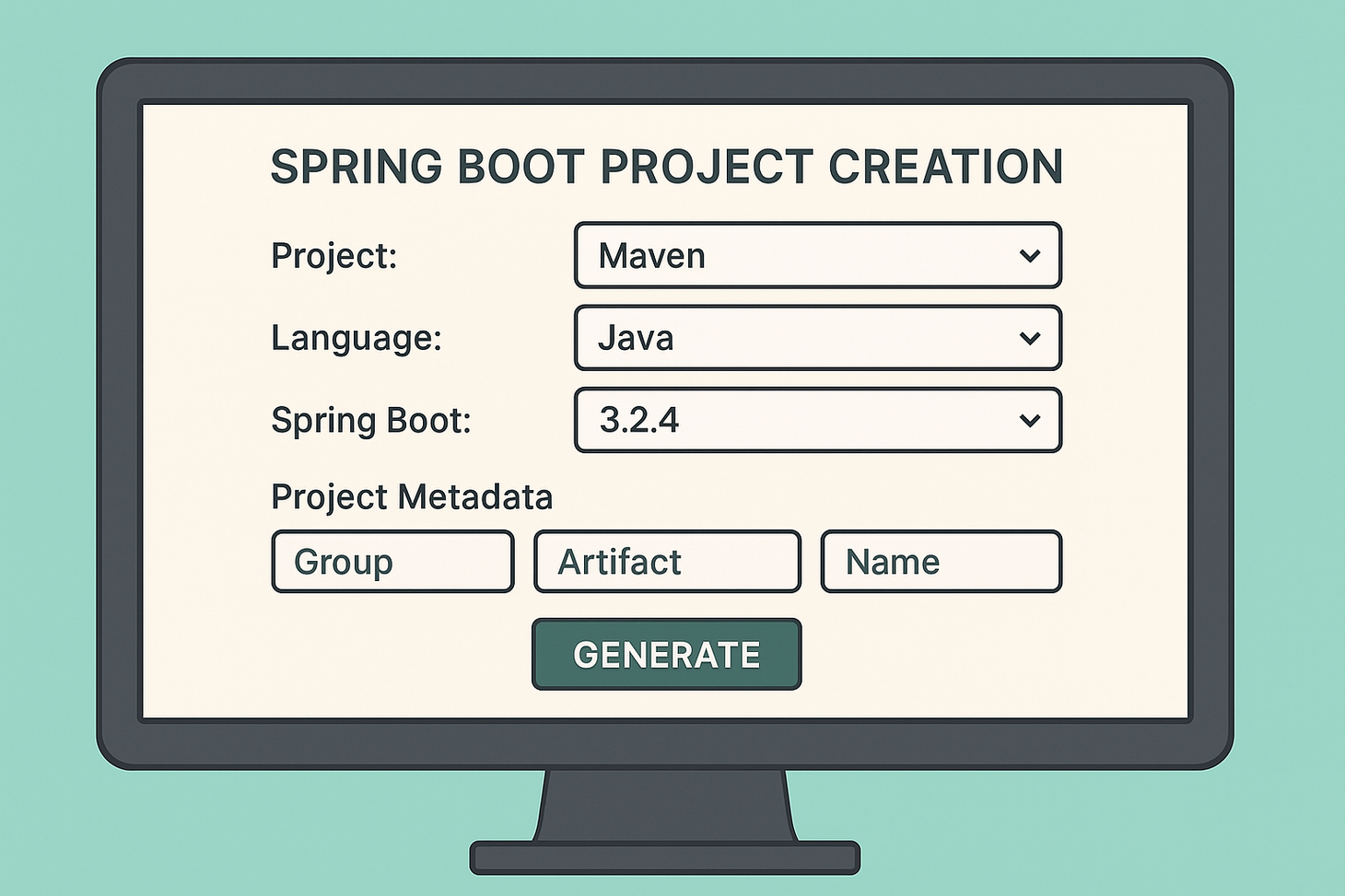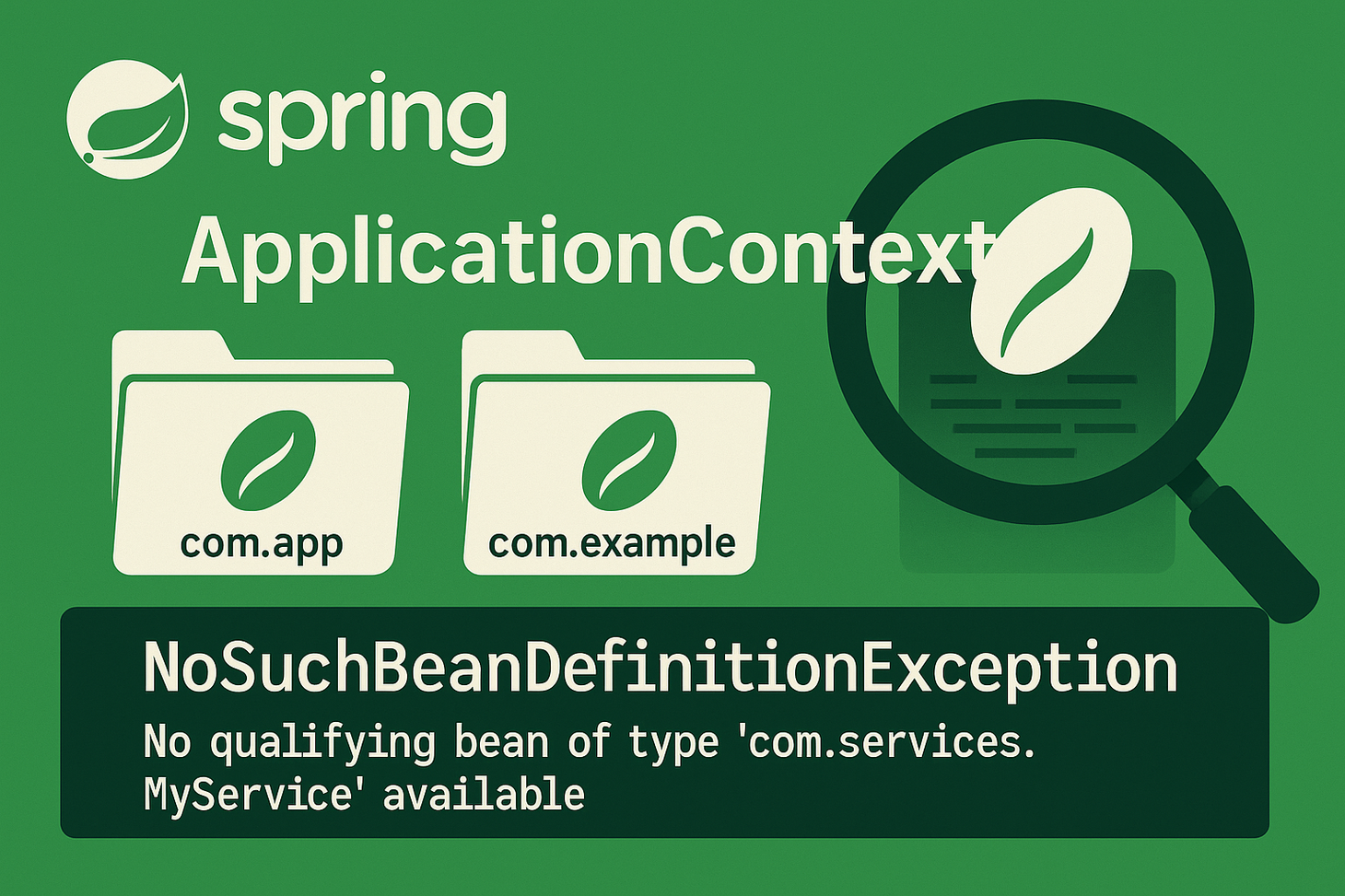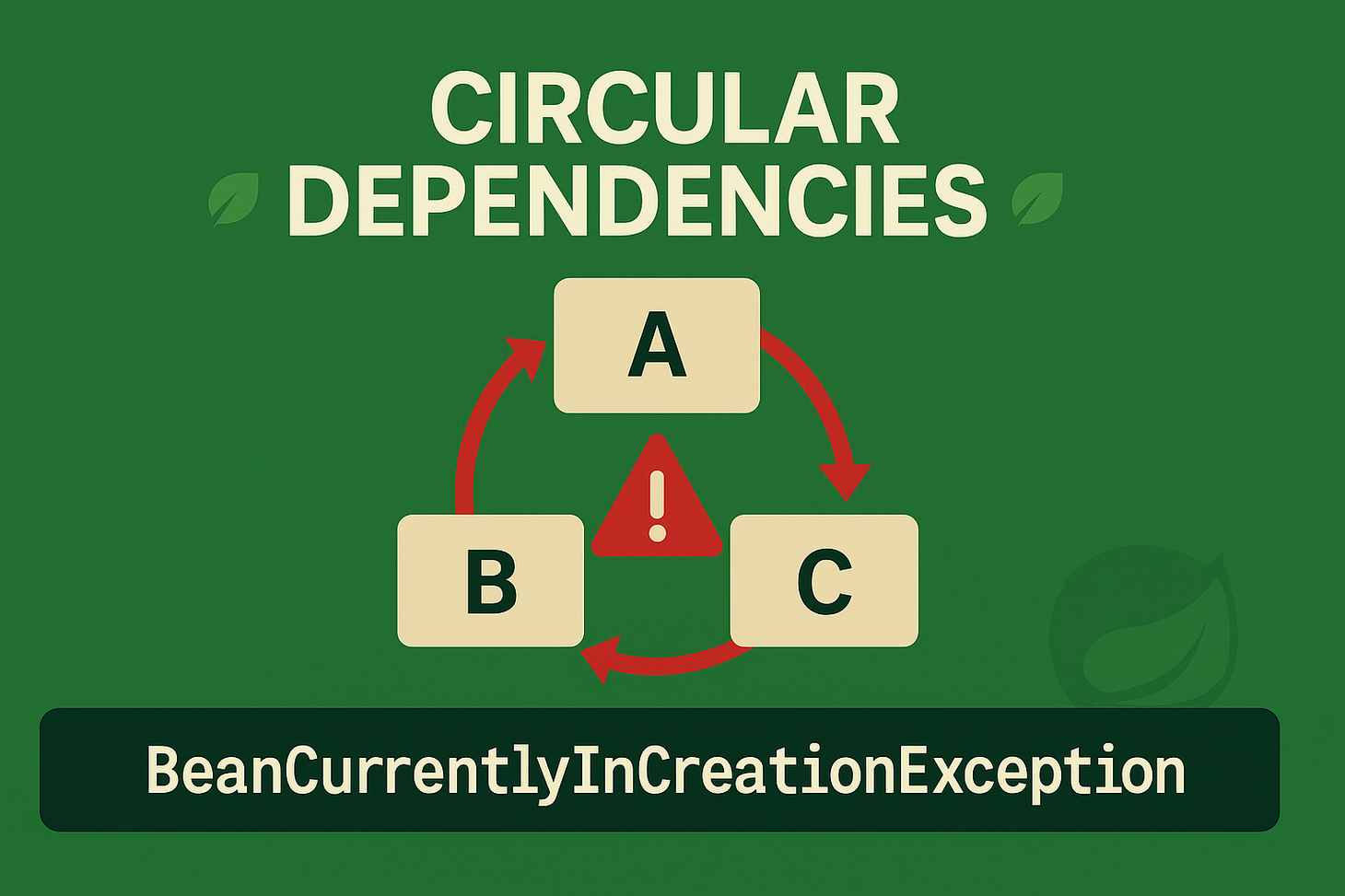Reference to Static Method (Method References)
In this lesson, you will learn about the first kind of method reference, "a reference to static methods". You will be introduced to a complex object method reference with example snippets and explanations.


